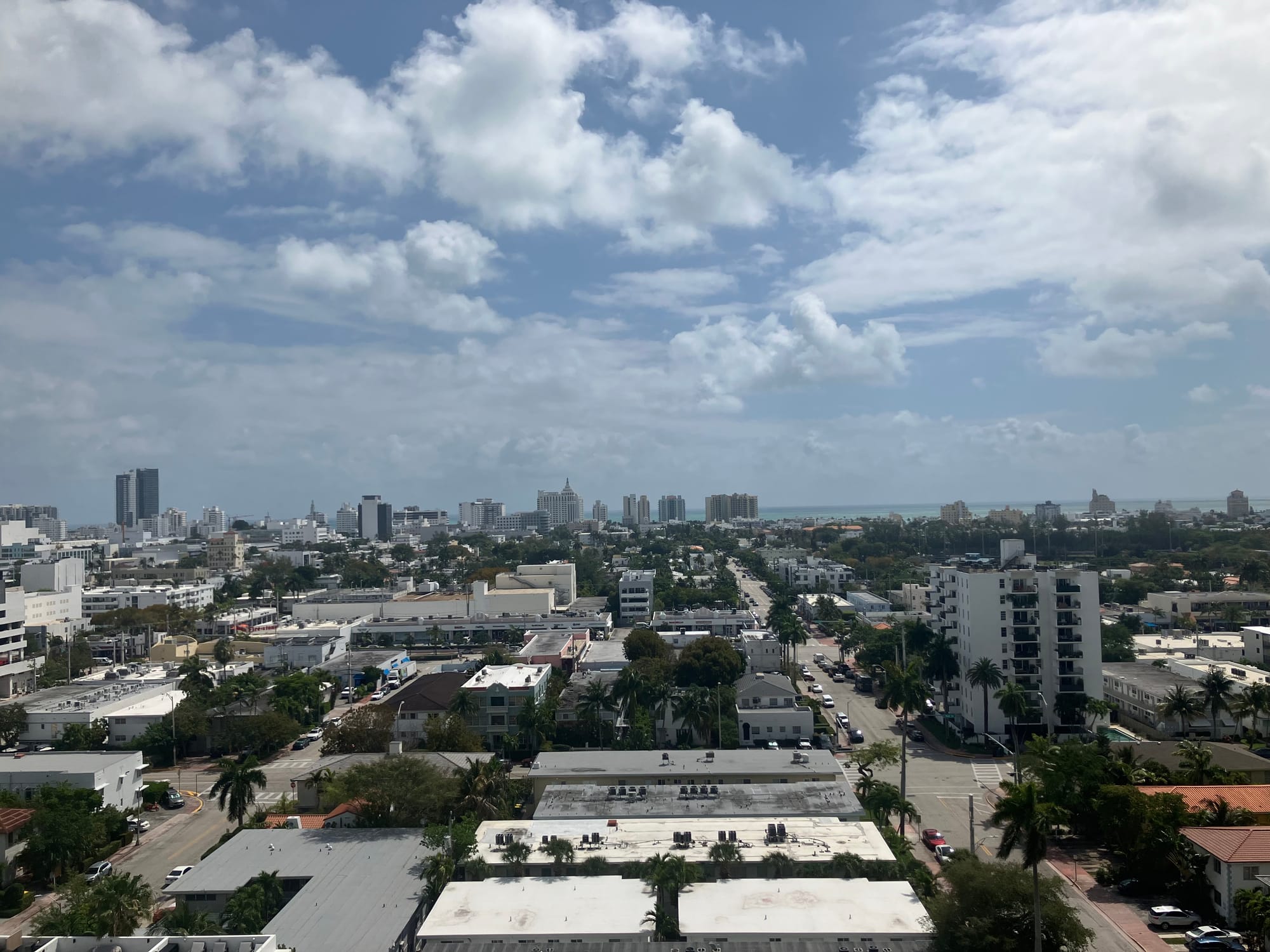Apr. 14, 2025 |
Minecraft. Earlier this month, a top U.S. official said the country had agreed on a “path forward” with the Democratic Republic of the Congo to close a deal giving Washington greater control over the development of the DRC’s vast mineral resources in exchange for new U.S. support for the government in Kinshasa.
The arrangement would allow the United States to manage the mining of some of the country’s massive deposits of lithium—and its similarly large reserves of copper and cobalt—all of which are known as critical minerals. These minerals are critical because it’s impossible to make most advanced technologies without them: They’re required in cutting-edge military hardware, renewable energy, robotics, and AI; and they’re in every semiconductor chip. They’re in the device you’re reading this on.
The DRC deal is just the latest instance of U.S. President Donald Trump’s pursuit of access to critical minerals. His desire to make Greenland part of the U.S. seems far-fetched—but his desire for its critical minerals, repeatedly stated, is very real. When Trump began negotiating with Ukraine’s President Volodymyr Zelenskyy, one of Trump’s first requests was an agreement for American access to Ukrainian critical-mineral deposits.
But this pursuit may also look a little odd. The U.S. has reserves of many critical minerals around the country. The world’s largest reserves of the key critical mineral lithium are in Australia and Chile, two longtime U.S. allies. And the previous administration of Joe Biden also worked on a raft of deals to secure the rights to critical minerals in the world.
What’s going on?
—Michael Bluhm




